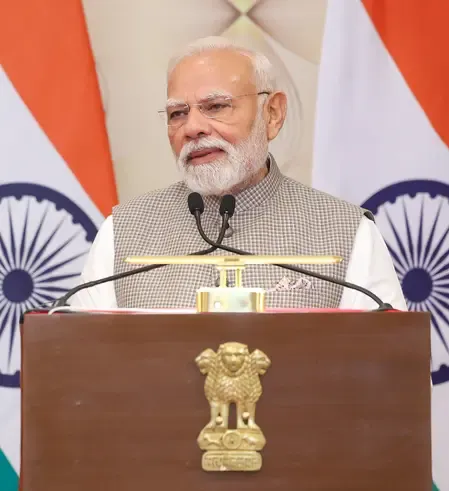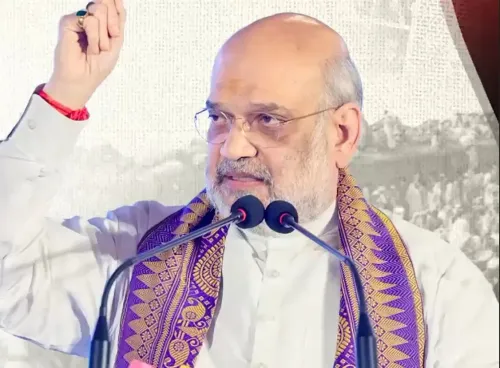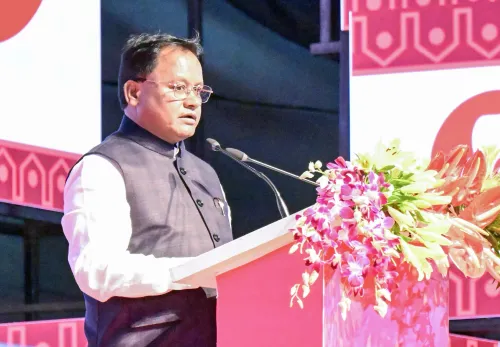Enhanced Surveillance at Bengal's Maritime Border with Crisis-Impacted Bangladesh to Curb Illegal Immigration

Kolkata, Dec 11 (NationPress) Security agencies, including both central and state forces, have intensified monitoring at the International Maritime Boundary Line (IMBL) with Bangladesh in West Bengal, due to concerns over the illegal ingress of Bangladeshi nationals, particularly individuals affiliated with underground organizations that have resurfaced amid the ongoing turmoil there.
According to sources, this decision to enhance surveillance was prompted by two recent incidents: the first being the interception of two Bangladeshi marine vessels that unlawfully crossed the IMBL into Indian waters.
Intelligence reports suggest that, in addition to the porous land borders with Bangladesh present in certain areas of West Bengal, there may be attempts to illegally cross via maritime routes, potentially leading to further dispersal throughout the state.
The second notable development, as reported by sources, involves intelligence indicating that some members of the terrorist group Hizb-ut-Tahrir (HuT) are attempting to gain traction in the border districts of West Bengal, aiming to establish sleeper cells.
The Intelligence agencies have pinpointed the two most sensitive districts in this regard as Malda and Murshidabad, both of which are predominantly minority areas.
Another district under close observation is Nadia, recognized by security agencies as a center for the fabrication of fake Indian identity documents intended for Bangladeshi individuals unlawfully entering Indian territory.
Furthermore, Intelligence sources have received specific information that two active HuT affiliates recently arrived in West Bengal with legitimate Bangladeshi passports, masquerading as students, and conducted meetings with local youths in Malda and Murshidabad.
These two HuT members, identified as Ridwan Maruf and Sabbir Amir, reportedly initiated discussions with local youths on religious topics, subsequently evolving these talks towards the establishment of sleeper cells in the border districts.








